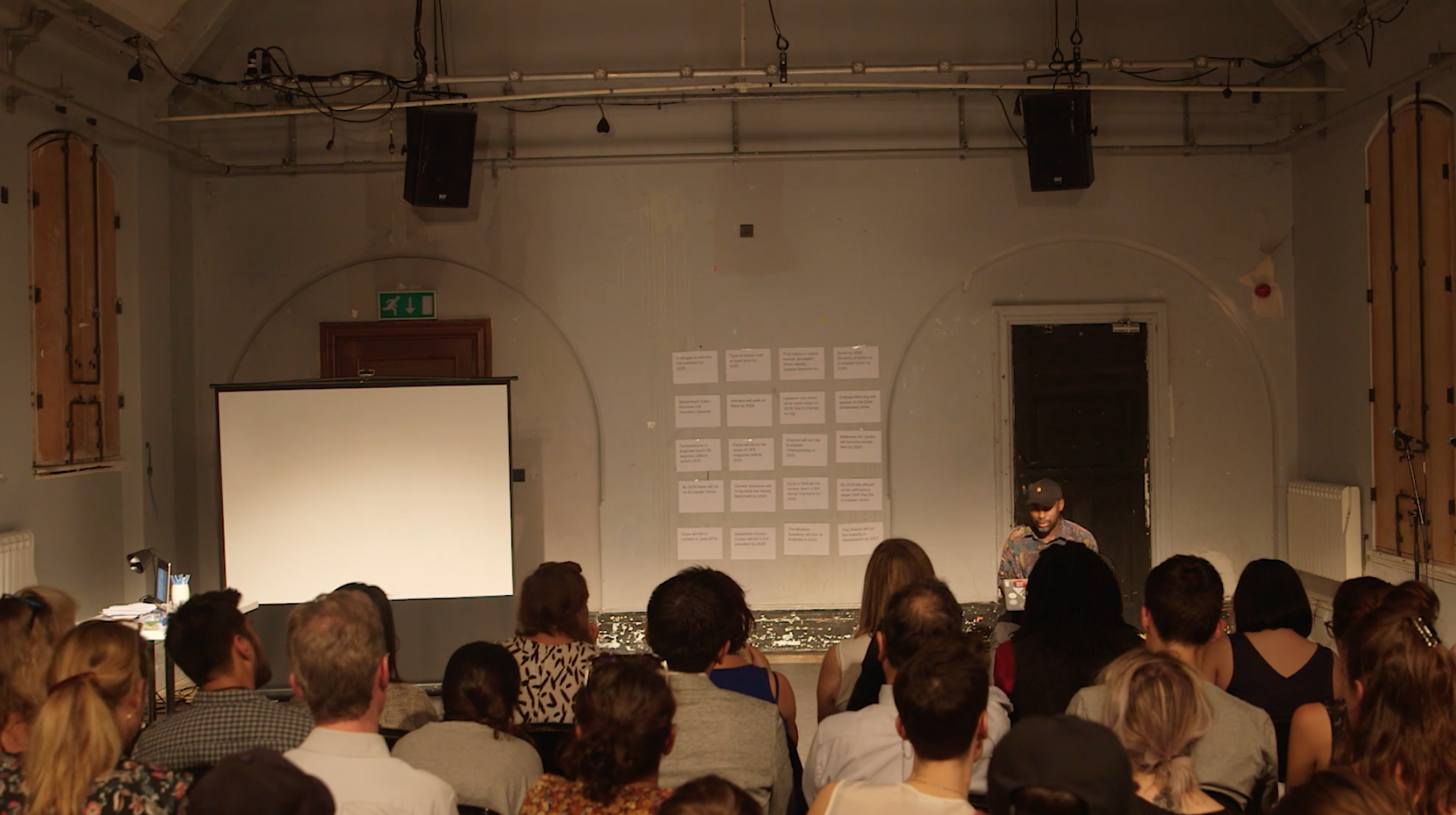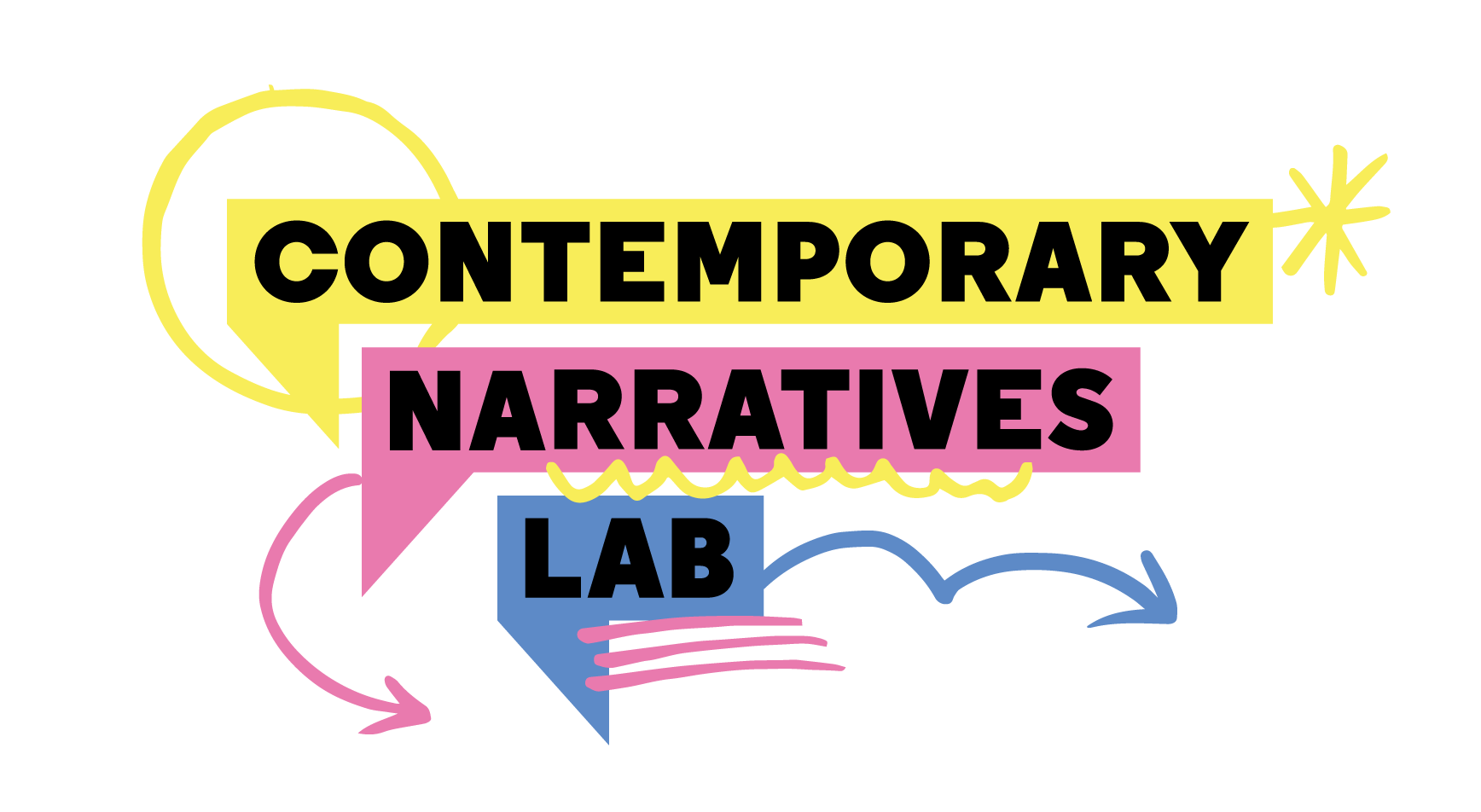Blockchain as memory
Harun Morrison / Chloe Cornish
Reporters have to learn about their beats before they can explain and analyse the news to readers. To do so, they construct mental models of their areas of coverage. These mental models are usually hidden from readers but are hugely important because they inform and underpin the reporter’s articles. When Chloe first started covering blockchain and cryptocurrencies, the metaphor of Blockchain as Memory stuck in her mind as a way of understanding this complex subject. Thinking about the ways in which the two are similar, and where they differed, helped Chloe make sense of blockchain technology.
Harun tackled this piece by considering several other questions.
- In what way could a financial instrument be an artwork?
- To what degree can an artwork embrace some of the modes of the current financial system?
- If economies and societies are a series of contracts and bets, how is that some forms of betting carry differnt moral judgements than others?
- Those who are in positions to actively influence societal outcome tend to have the luxury to think and plan for the long term. How do we recreate that type of systemic and long-term thinking for people who don’t have the luxury?
These questions led to the concept that Harun presented: Pose a series of questions about the state of the world that won’t be proven true until twenty, or fifty years later. Each question becomes a wager that the audience can bet on using real money, and all the bets in this prediction market is transacted and tracked using cryptocurrency and blockchain technology. That cryptocurrency becomes both a financial instrument and the artwork itself.
“I was interested in a piece of work that is autonomous in its own right, rather than referential to and illustrative of a certain article,” Harun said.

Harun Morrision is one half of They Are Here, is a collaborative practice that creates context-specific games where the entry, invitation or participation can be as significant as the game’s conditions and structure. Through these games, Harun seeks to create ephemeral systems and temporary, micro-communities that offer an alternate means of engaging with a situation, history or ideology.
Chloe Cornish is a Financial Times graduate trainee reporter, currently covering European capital markets from London. She previously covered a variety of technologies, including cryptocurrencies, for the FT in San Francisco.
